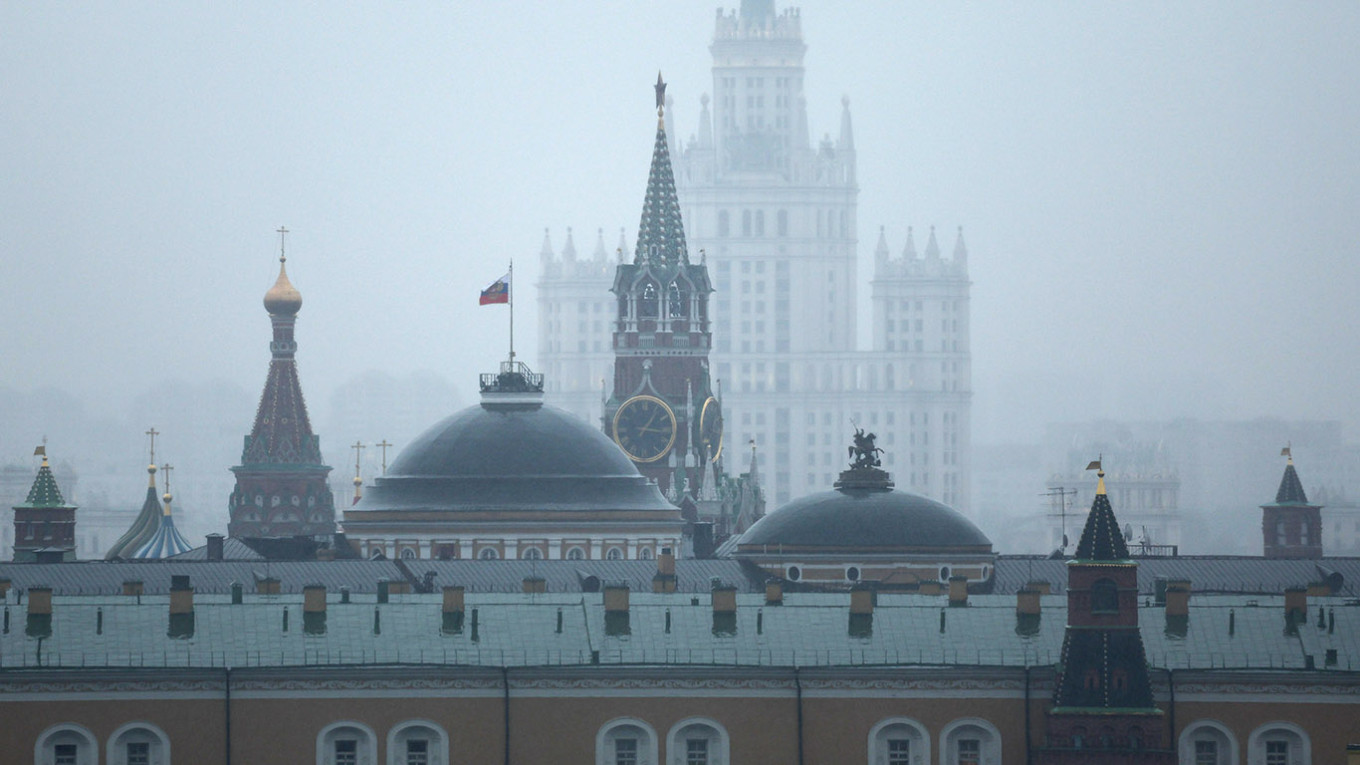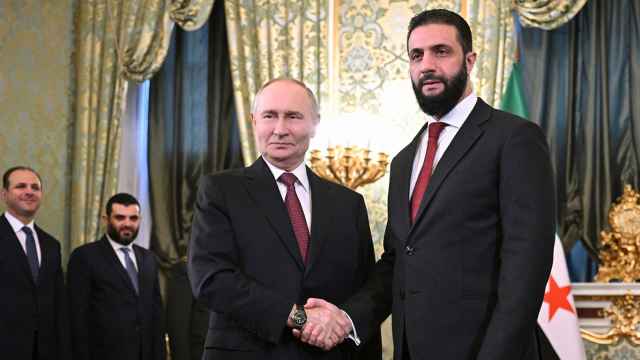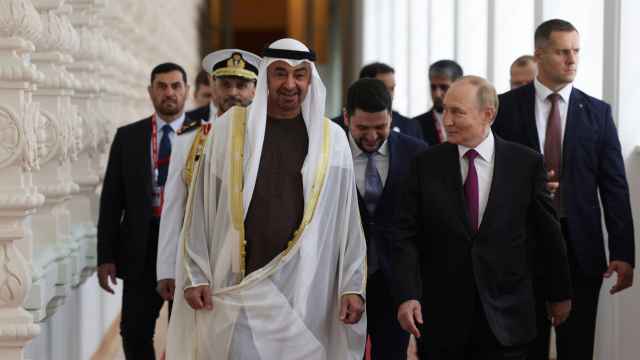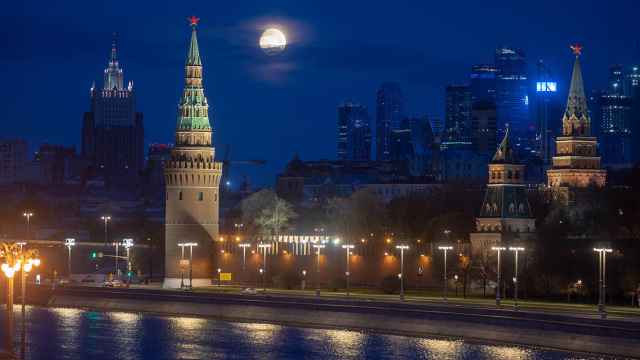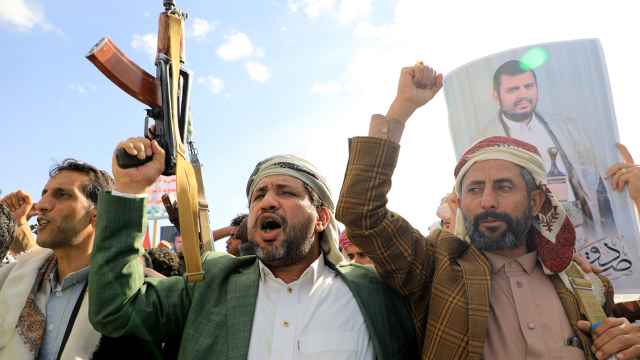Russia is preparing to expand its soft power footprint in the Middle East by establishing cultural and diplomatic centers in the United Arab Emirates and Saudi Arabia, the pro-Kremlin daily Izvestia reported Monday.
The initiative, led by state-funded cultural diplomacy agency Rossotrudnichestvo, would see the opening of a so-called “Russian House” in Abu Dhabi by 2026 or 2027, contingent on the signing of an intergovernmental agreement.
A Rossotrudnichestvo representative told Izvestia that initial groundwork has begun in the UAE, with agency personnel expected to travel there soon to coordinate logistics.
Talks for a similar outpost in Saudi Arabia are also underway, the representative told Izvestia, without providing a timeline.
The Kremlin’s cultural diplomacy push comes as Russia seeks to reframe its global image, particularly in regions less aligned with Western sanctions policies following its 2022 full-scale invasion of Ukraine.
“Russia aims to combine conventional diplomatic methods with elements of soft power, and expanding the network of Russian Houses in the region aligns with this strategy,” Leonid Tsukanov, a specialist on Middle Eastern affairs, told Izvestia.
Establishing branches of Rossotrudnichestvo is important for Moscow to “firmly position itself within regional affairs and ensure involvement in ongoing changes in the Middle East,” he added.
Rossotrudnichestvo operates dozens of cultural centers worldwide. While Moscow describes the centers as instruments of cultural exchange, critics argue they serve as vehicles for political influence.
The European Union sanctioned Rossotrudnichestvo after the invasion of Ukraine in 2022, calling it “the main state agency projecting the Kremlin’s soft power and hybrid influences, including the promotion of the so-called 'Russkiy Mir' concept.”
The UAE and Saudi Arabia have maintained pragmatic relations with Russia, playing high-profile roles in facilitating prisoner exchanges between Moscow and Kyiv and refraining from joining Western-led sanctions.
A Message from The Moscow Times:
Dear readers,
We are facing unprecedented challenges. Russia's Prosecutor General's Office has designated The Moscow Times as an "undesirable" organization, criminalizing our work and putting our staff at risk of prosecution. This follows our earlier unjust labeling as a "foreign agent."
These actions are direct attempts to silence independent journalism in Russia. The authorities claim our work "discredits the decisions of the Russian leadership." We see things differently: we strive to provide accurate, unbiased reporting on Russia.
We, the journalists of The Moscow Times, refuse to be silenced. But to continue our work, we need your help.
Your support, no matter how small, makes a world of difference. If you can, please support us monthly starting from just $2. It's quick to set up, and every contribution makes a significant impact.
By supporting The Moscow Times, you're defending open, independent journalism in the face of repression. Thank you for standing with us.
Remind me later.


